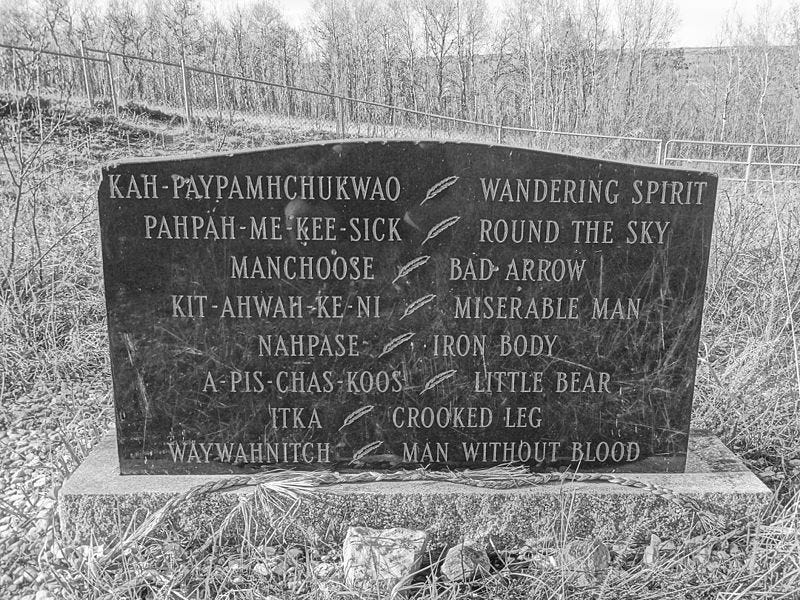Most of us cut our teeth in Celtic/Irish music, and that means you spend endless, and I mean endless, evenings in pubs playing and singing rebel songs. There are so many classics in this genre it's hard to know where to begin, but obviously between around 1800-1922 the Irish made some powerful and enduring music about the heroes who resisted British colonial rule.
All well and good. But, you know, we are a Canadian band. And every Canadian band that comes out of this genre has to decide at some point whether they will just do a pale imitation of The Dubliners or the Clancy Brothers or whether they will genuinely try to represent their own country in the music. Of course, there is plenty of excellent music from from the East Coast to keep them going, but this too is of course very close in style to the Celtic/Irish/etc music it came from. And let’s be real, it's been done a bazillion jillion times.
“Victory Square” was our first genuine attempt to write something about something distinctively Canadian, and we followed that up with the slightly silly “Poutine”. But it's always been a dream of ours to write a Rebel Song song about certain Canadians who also resisted British colonial rule-- though of course most never identified as Canadian.
So when good old Seamus had a Clash-style punk tune with no words written, I decided to write about the largest mass execution ever on Canadian soil, the hanging of the Battleford Eight.
Interested parties will find lots on Google, but of course the short version of the story is that a community of Cree in what is now Saskatchewan were kept under forced rations and starvation for quite along time until some of them decided to do something about it. The uprising did result in the killing of some comparatively innocent settlers, but as the songs about IRA heroes will tell you, when someone is forcing your family into starvation, you don’t worry so much about whether they will call you a “terrorist”. This is exactly the dynamic that plays out in this case, just as it did in Ireland in 1920, and as it did during the Ukrainian resistance to Stalin's mass starvation (Holodomor).
One thing that bugs us about releasing this now is that we know that some people will think we are jumping on some kind of political bandwagon. Yes, the issue of Indigenous rights in Canada is currently a big deal. No, we didn’t write this in response to that. As a teenager, I spent two years on a tiny reservation in far-north Norway House, Manitoba, and many of my best friends were of the Cree nation. That experience always stuck with me; I saw the desperation that many on reservations find themselves driven to, but I also saw a kind of cultural pride and power that I’d never seen before. There is something very inspiring in the way that Indigenous people in our country can hold their heads up and face their future bravely, in spite of everything they have been through.
So this story is one I have long wanted to tell (or at least touch on in three short verses). Eight Cree warriors were hanged despite having their cases handled by a notoriously racist judge and despite--this is unbelievable—not being given a translator or interpreter at the trial.
So ideally, the names Kah-Paypamahchukways, Pahpah-Me-Kee-Sick, Manchoose, Kit-Ahwah-Ke-Ni, Nahpase, A-Pis-Chas-Koos, Itka, and Waywahnitch would stand beside those of Roddy McCorley and Kevin Barry on the list of rebels who resisted unjust colonial rule.




